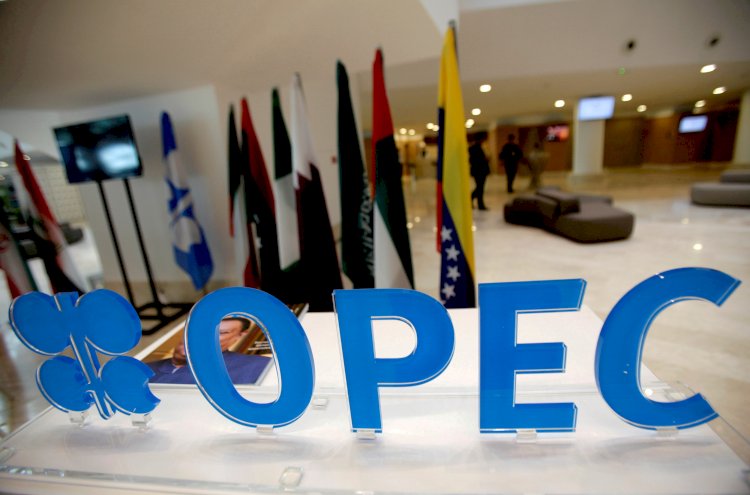OPEC and its allies to stick to their plan on oil production neglecting pressure from the U.S.
OPEC and allied oil producing nations have stated that they are agreeing to continue on their output plan which happens to go against the loosening the taps amid multiyear highs in the crude oil prices

OPEC and allied oil producing nations have stated that they are agreeing to continue on their output plan which happens to go against the loosening the taps amid multiyear highs in the crude oil prices. The group regarded as OPEC+ is anticipated to rollover its plan of August for gradually enhancing the production of about 400,000 barrels per day per month. The Russian Energy Minister stated in a conference that the decision was previously made to enhance the production levels per month, and they are underscoring per month for until 2022.
The international oil benchmark for the Brent Crude was recorded at USD 81.69 per barrel, which has been on a declining spree of about 34 cents. Upon the statements asking the production levels of the group amid requests and complaints, the minister stated that OPEC and the group members were trying to maintain a level of balance and remain worried of the demand changes. From August till present, the group added some 2 million additional barrels of production to the market.
Upon the plan, the OPEC group is already supplying the ample quantities to the market, as it is in stage of recovery and amid seasonal decline in demand for the fourth and first quarters. Additionally, the group has indicated intentional decline in the oil demand across the European Union in October. The minister stated that they are basically underscoring the fact of global oil demand to be under pressure from the present delat variant dn other limitations associated with it in various countries, thereby limiting the supply hain and the respective demand for oil across the industries. Oil prices have been known to hit the highest levels after 2014, and crude importing countries have been feeling the wrath of such price hike in toher products as well.




























